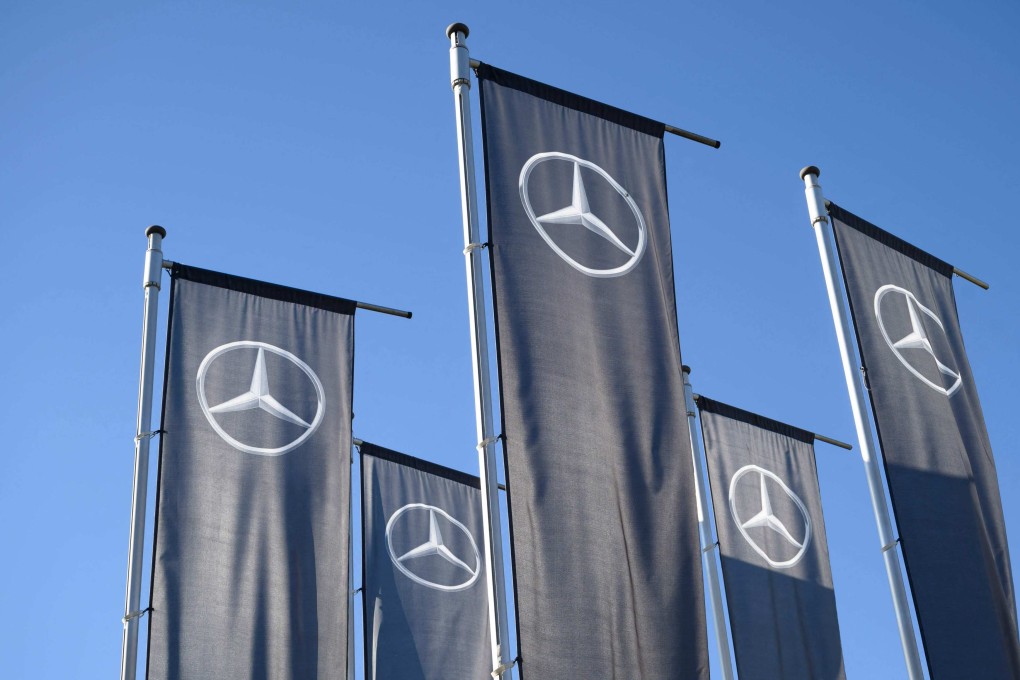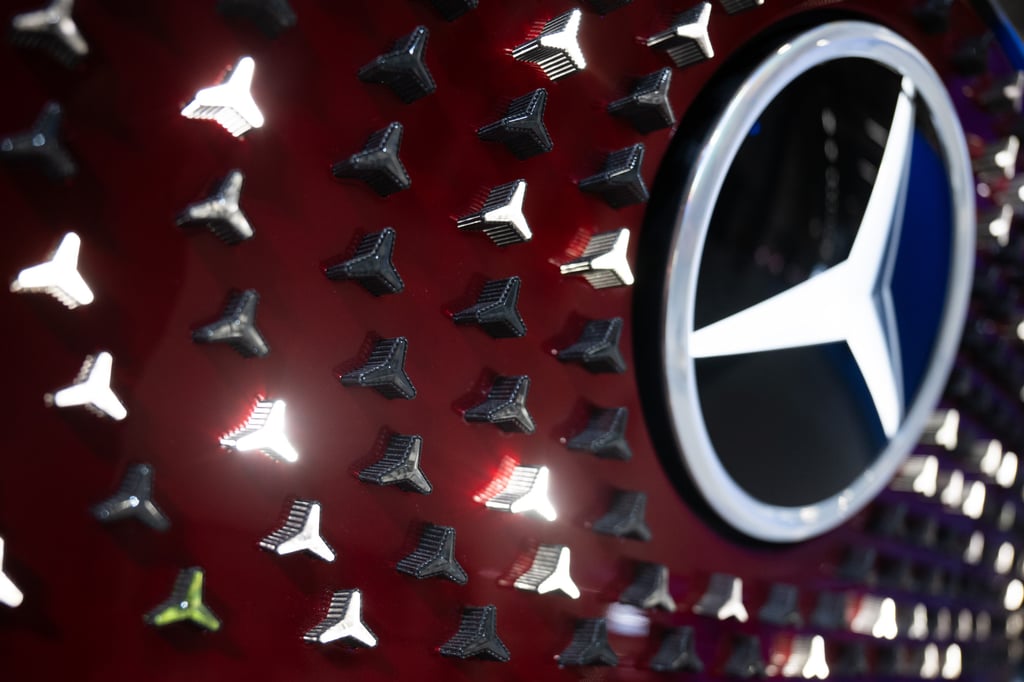Mercedes gets greenlight for high level self-driving tests in Beijing, ahead of Tesla’s FSD
- Until now, only local firms such as artificial intelligence giant Baidu, luxury car maker Hongqi and unicorn WeRide have been approved for L4 self-driving tests in the city

Mercedes-Benz Group has received approval from Beijing to conduct level-4 autonomous driving tests on its roads and expressways, the first international carmaker to obtain such a permit in China’s capital city, as Tesla still awaits permission to put its full self-driving (FSD) technology on Chinese roads.
The German company said over the weekend that the road tests for L4 self-driving, where cars “do the driving for most scenarios without human takeover”, will cover maneuvers such as parking, U-turns, entering and exiting roundabouts, passing through toll booths, as well as changing lanes when the vehicle in front slows down.
The driverless cars, which are equipped with “rich sensors” and system redundancy, will be able to implement a “minimal-risk strategy” and find a safe place to stop “under extreme circumstances”, the company said on its official WeChat account.

It marks the first time a foreign carmaker has been approved since the Beijing municipal government drafted regulations in late June to support the development of the technology. Until now, only local firms such as search engine and artificial intelligence giant Baidu, luxury car maker Hongqi and unicorn WeRide have been given the green light for L4 self-driving tests in the city. In December, Mercedes-Benz was allowed to test L3 autonomous vehicles, where a car is capable of driving itself in certain conditions but may require a human to take over.
The self-driving tests need to be conducted in designated areas. The city has opened more than 1,160 kilometres of public roads to trials, giving 384 vehicles from 18 companies approval to participate as of February, according to the state-run newspaper Beijing Daily.
Tesla is also seeking a road test license, after chief executive Elon Musk’s visit to China in April. Musk sought consent from Chinese officials to operate a fully autonomous robotaxi business in the country, and it was believed that Beijing would grant such a licence as a show of good faith for economic ties with the US, according to state media China Daily.
Chinese cities appear to have joined a race to commercialise self-driving technology. Baidu’s roughly 500 Apollo Go robotaxis in the central Chinese city of Wuhan made headlines last month after the service expanded to certain busy commercial zones, while also triggering job security concerns among taxi drivers.
